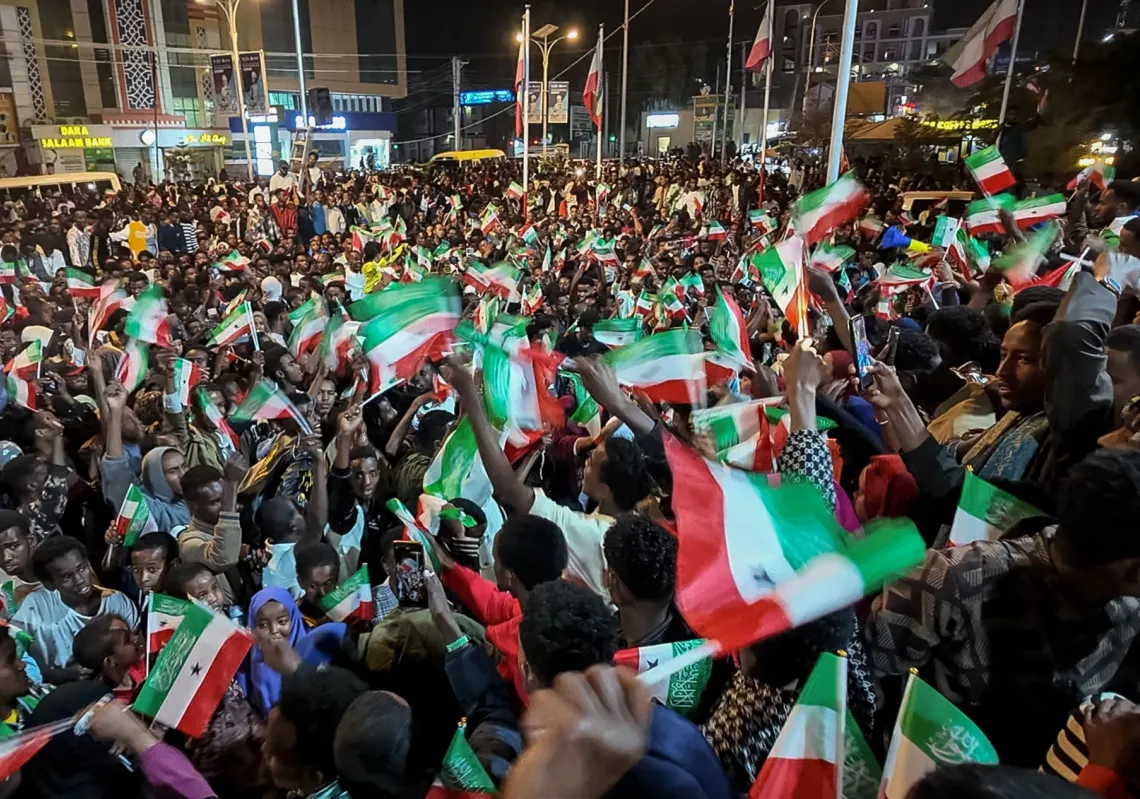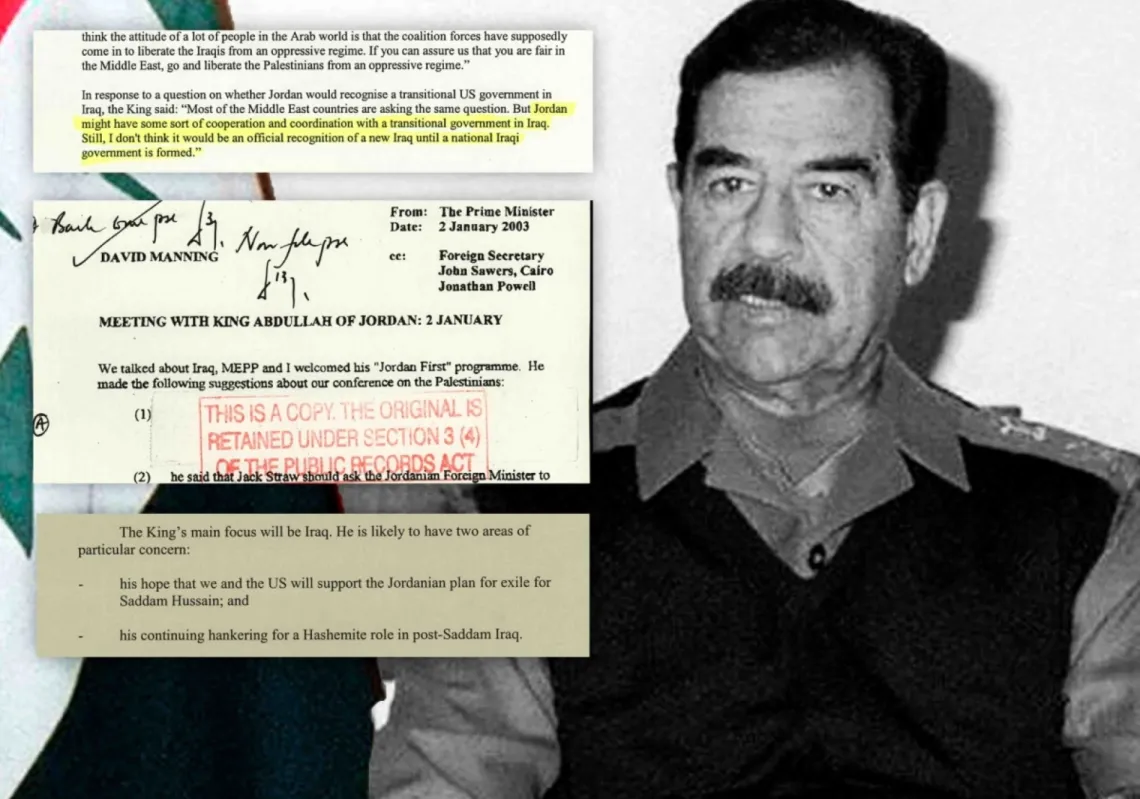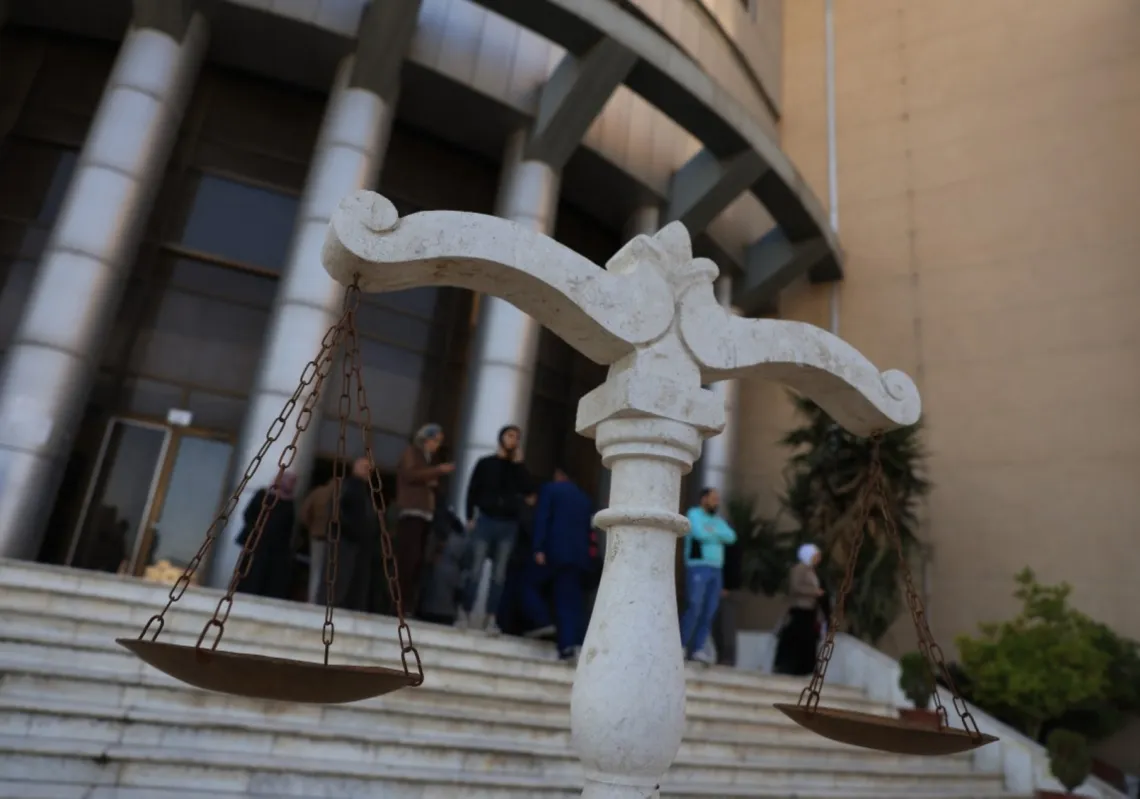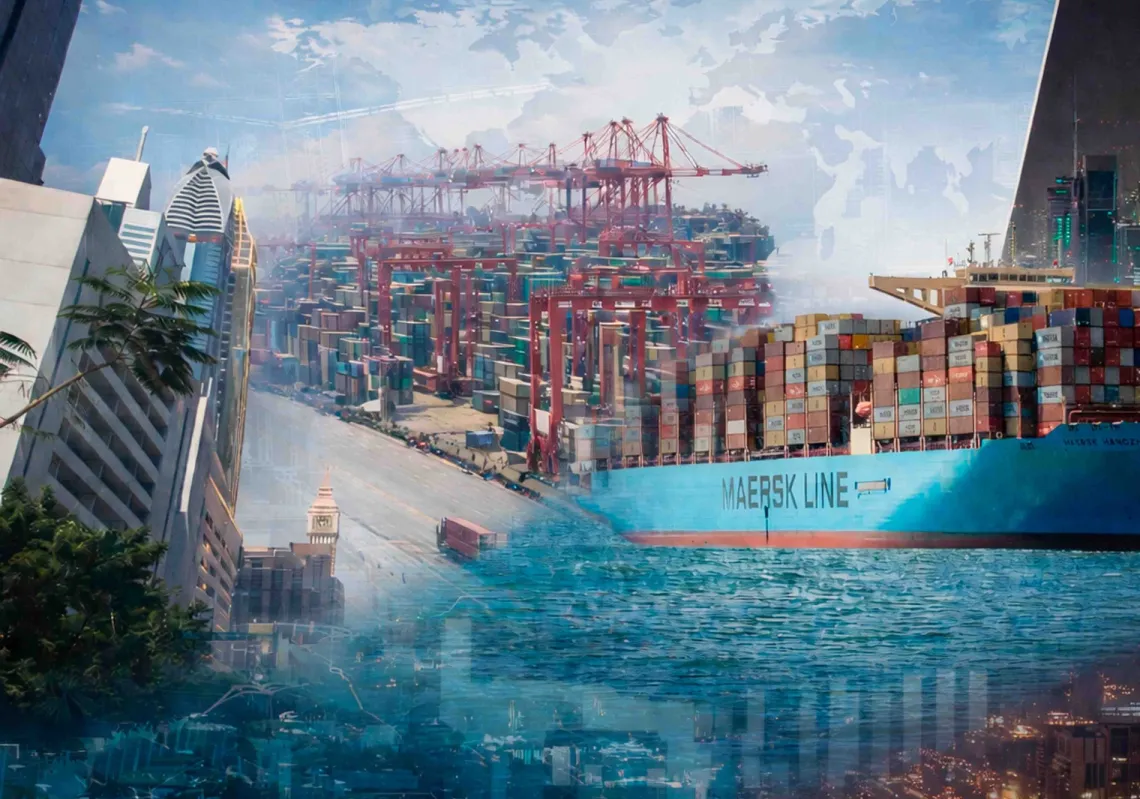More than twenty years after the Russian defeat in Afghanistan we may see the Atlantic Alliance with the same epilogue there. One may ask why history is so ironic, so repeated perhaps. The answer is quite simple: a powerful state like the Soviet Union, or a powerful alliance as NATO, weren’t and are not prepared to act in anarchy. NATO, in particular, is confronted with a dilemma within its members: only few of them are prepared to die in Afghanistan. This is one of the current problems in Afghanistan, mainly in the south, where the presence of insurgents is more visible and the political situation uncontrolled. To achieve a stable territory, NATO must give some proofs of existence, relevance, coordination and strength in Afghanistan and consider, as Obama Administration has done, the AfPak approach. If it does not do so, the end of the most powerful and successful military and political alliance in history will be exactly the same as Soviet Union had two decades ago, its collapse.
The global NATO already exists. What for?
NATO’s recent strategic approach has nothing to do with the old one. Since the Balkan wars its global political dynamic has been followed by an ambitious military buildup in regions that are not Euro-Atlantic in classic terms. Today, roughly 70,000 military personnel are engaged in NATO missions around the world, in places like Afghanistan, the Gulf of Aden, Lebanon, Iraq, Mediterranean sea, Sudan, Somalia or Pakistan. NATO has deep partnerships with Central Asia, Caucasus, Eastern Asia, Australia, New Zealand, African Union and Latin America. This global approach, geographic and politically speaking, means that this strategy encompasses a world-wide security logic in the current international architecture. We should ask if this is the right way to achieve NATO’s relevance after the Cold War, but we cannot deny that there is still a central place for NATO in international security environment. It is commonly accepted that Afghanistan is the greatest NATO’s challenge, and that this global approach is at stake there. I agree with that. But not for an afghan reason, so to speak: it’s at stake because there is no such thing as NATO without the Euro-Atlantic alliance. And this could be the end of Europe’s strategic relevance on the international security community.
The European answer
Obama strategy in Afghanistan is likely to include other states, involving some kind of dialogue with Iran and efforts to bring India, the Gulf states and central Asian countries into the field. Moreover, while US are placing demands on Europe to do more, as we saw during the last NATO summit, European governments are coming under increasing domestic pressure to do less.
Although the ISAF mission has grown from 32,800 troops in November 2006 (one month before Robert Gates replaced Rumsfeld at the Pentagon) to 61,960 in March 2009 (with many of these new forces coming from European countries), 18 out of the 25 EU countries participating in ISAF have increased their deployment since late 2006 – 43% of ISAF’s troops. But, as we know, these numbers don’t mean stability, but two things: first, the military efforts are not the only answer to the problem; second, the European military build-up needs more accuracy on the ground, courage to fight in the critical zones, and political will from all decision makers.
There are a number of ways Europeans can make a difference in Afghanistan, aside from simply sending more troops. They seem to implicitly agree on what is needed: the opening of negotiations with some of the Talibans, a development-based approach to counter-narcotics, more civilian reconstruction and more and better training for Afghan security forces enabling them to lead the counter-insurgency effort, as well as regional initiatives that include Pakistan, India, Iran and Russia. This should be the medium-term vision.
But short-term approach should be focused to ensure that elections take place on an atmosphere of relative security, particularly at the country’s south and east regions. So far, voter registration has been better than expected in Southern provinces like Uruzgan, Helmand, Kandahar and Nimroz. But fraud in one part of the country could exacerbate regional and ethnic tensions, with serious implications for a new presidential mandate. Therefore, elections have the potential to undermine much of the progress that has been made since 2001, although being insufficient to provide on their own a new beginning. Conclusion seems obvious: what is needed it’s an European military and economic effort during 2009 to ensure that the new President’s political legitimacy could guarantee confidence amongst people, economy recovering, peace provided by security and military forces, and the exit door that NATO wants.
Central Asia is crucial to Euro-Atlantic future
There are three stages we should consider about the security link between central Asia and the Euro-Atlantic future. Firstly, Afghanistan. NATO’s role in this century needs a successful AfPak strategy for the next decade. It’s not only crucial to its credibility as a multilateral organization at the globalized security architecture, but also to its members, particularly the United States and the preeminent European powers. In other words, the great coalition of the Cold War needs another victory to keep his importance in the global arena.
Secondly, energy supplies. Energy security is one of the core issues which could implode relations among states in the future. European dependence on Russian energy supplies shows how this weapon could be used as a political instrument to balance, divide and change the states behaviour. At the same time, former Soviet republics in Caucasus and central Asia are playing a major role on the dialogue between US and Russia, US and China, and between Russia and China. If one realizes how powerful these three states are and will be in the future, and how their economies will need energy for developing, we are looking to the most relevant region on earth.
Thirdly, the role of Middle East powers. I’m talking about Saudi Arabia, Iran and Israel. They all have interests in Central Asian countries and some of them are intimately linked to United States. Saudi Arabia and Israel need US security umbrella against Iran, and Tehran need partnerships in Central Asia to expand its political influence and improve its economic perspectives: it’s the regime question.
We need an exit strategy for AfPak. But we also need to assume that an unsuccessful exit strategy could open a free way in central Asia to other powers. This must be the Euro-Alantic mindset, even if the current economic crisis is a strong reason to do nothing.
Bernardo Pires de Lima - Researcher, Portuguese Institute of International Relations








